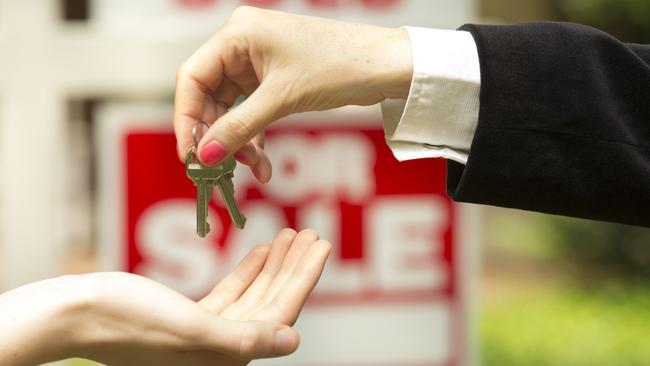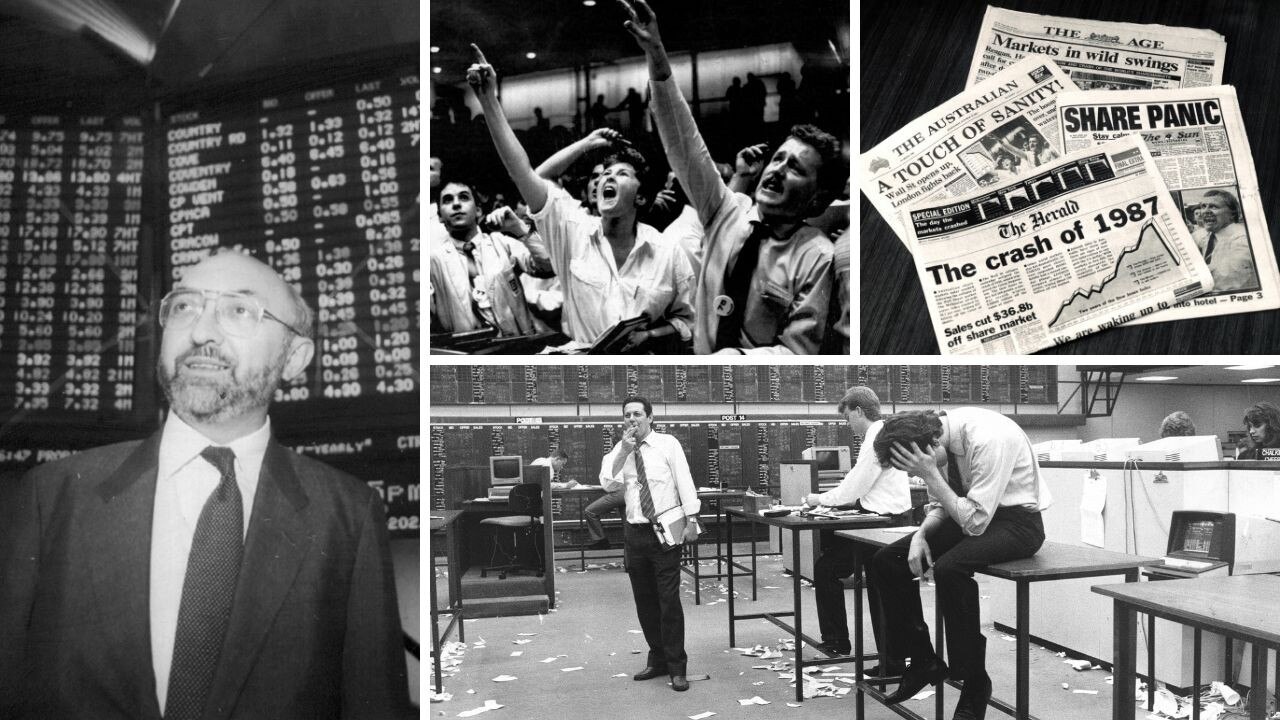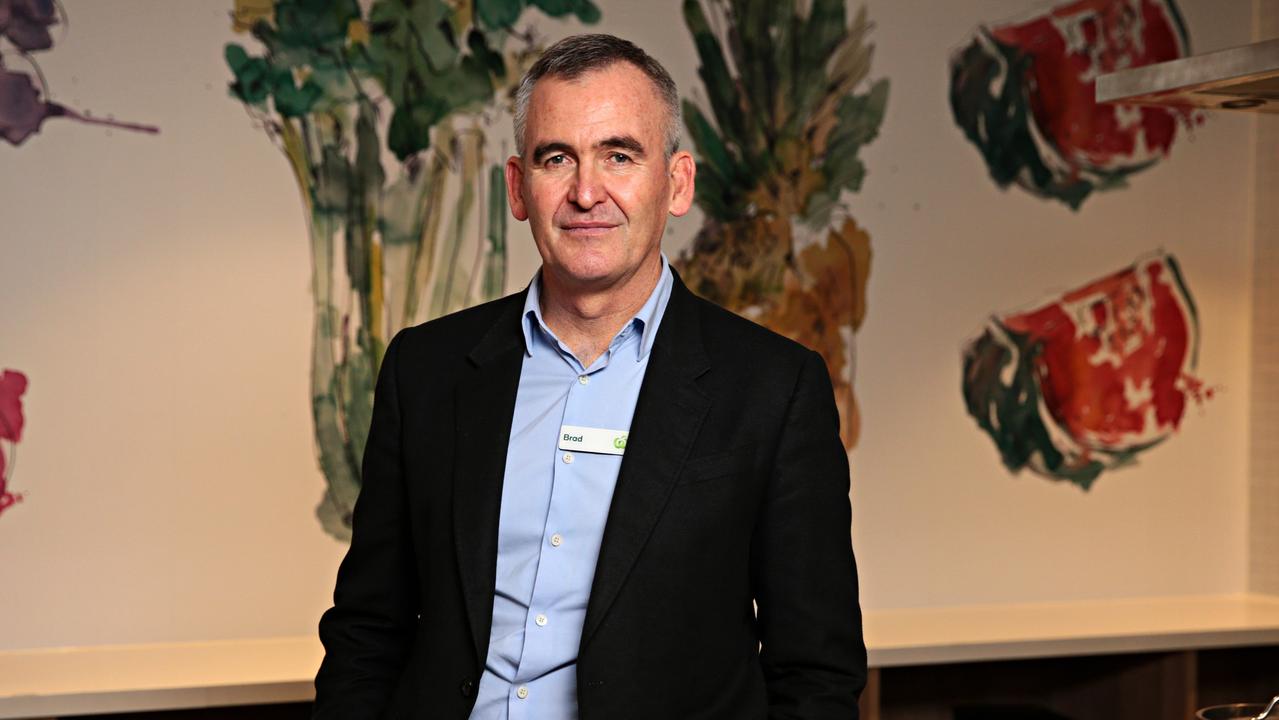Terry McCrann: Super must be safe as houses
Many have conerns about people dipping into their super to pay for their first home, but there are some good reasons why we should allow it.

Terry McCrann
Don't miss out on the headlines from Terry McCrann. Followed categories will be added to My News.
There are now two big battlegrounds over our $3 trillion superannuation system. Actually, YOUR super system, as it does tend to get lost that it really is YOUR money.
The one getting the most airplay is whether compulsory contributions should continue to be increased progressively from the current 9.5 per cent of every wage and salary to 12 per cent, with the next increase to 10 per cent already locked in by legislation from next July.
I tend to think that the first part of that battle is already over; that it’s really about whether it keeps going up from 10 per cent.
As I noted, the 10 per cent is locked in; we would need legislation to stop it; and as I discussed last week, that means getting the two Pauline Hanson votes in the Senate plus one other, as both the Greens and Labor are committed to keeping it.
I don’t see that happening. Plus, simply but not exactly sillily, 10 per cent is a nice, and indeed the nicest of, round numbers. We had 9 per cent for a very long time, it went to 9.5 per cent, heck let’s just at least round it off at 10.
But whether it then keeps going remains a very big issue, and it merges very significantly with the second battleground: should we let people draw on their super to buy a home.
At one extreme is the argument that we need 12 per cent contribs AND all the money stays in to get balances up to levels which would actually deliver what all the savings – and all the tax incentives – are supposed to be about: having super not the pension fund retirement.
If we stop at 10, or 9.5, AND we allow people to use super to buy a home, the end-balance will be dramatically less and so that person will certainly go on the pension. Especially when that home is not counted in the assets test for the pension.
As I discussed last week, the literally monumental ‘Callaghan Report’ – from former Treasury official Michael Callaghan (and two others) – made the case that 9.5 per cent was ‘enough’.
No, he and his colleagues very studiously did NOT provide policy advice that it SHOULD stay at 9.5 per cent; they just laid out the data suggesting it WOULD be ‘enough’.
Importantly, they defined ‘enough not as providing a retiree with a sort of subsistence lifestyle but a comfortable one directly related to pre-retirement lifestyles.
I have to say that I was not entirely convinced that it would be enough for many if not most, related to uncertainties about income levels and growth, income stability, and then most importantly longevity on retirement.
If when the generic ‘I’ retired at, say, 65, you could tell me with ABSOLUTE certainty whether I would die at 80, 90 or 100 AND what medical issues I would have along the journey AND what interest rates and asset markets would do each year; then, yes I could tell you EXACTLY how much I needed in the starting pot at 65.
Even then, so far as the super SYSTEM was concerned, there remain all sorts of complications with how my personal circumstances linked with the pension, with tax generally and the family home in particular.
In large part because of the – never to be resolved – uncertainties around all that; I end up concluding that, yes, people should be allowed to draw from their super to buy, certainly, their first owner-occupier home but perhaps even ANY home intended to be owner-occupied.
I do so with a very big concern, that applies to EVERYTHING where, with the best of intentions, you give home-buyers extra buying power – first-home grants; skewed lower loan interest rates, and even the NSW proposal, actually, a ‘thought(less) bubble’, to swap from a one-off stamp duty to an annual property tax.
All of these things ‘work’ to bid up property prices, benefiting mostly sellers and not buyers, who instead of getting their house for $600,00, say, can ‘afford’ to and do pay instead $650,000.
Accepting all that, the biggest argument for access is that the first, the ABSOLUTE first, investment anyone should make in their life journey is buying their own home.
The big driver is the freedom from capital gains tax. This has been made even more potent by the policy of central banks to underwrite ever-rising asset (share and property) prices relative to everything else.
Indeed, one way you could do it is to simply allow a super fund to buy the house directly. After all, ultimately what’s the difference between a super fund owning your home and owning investment property or indeed ANY investment asset.
Indeed, our home will do as well as any of those assets as a life-time investment.
That wouldn’t be practical for most: it’s simpler to just allow drawdowns – with value-enhancing ways of putting the money back in later in life.
Originally published as Terry McCrann: Super must be safe as houses



